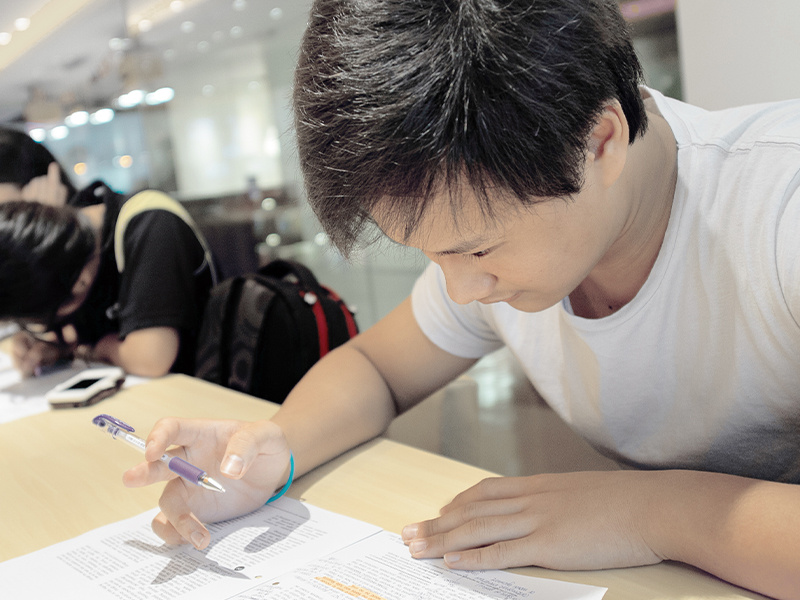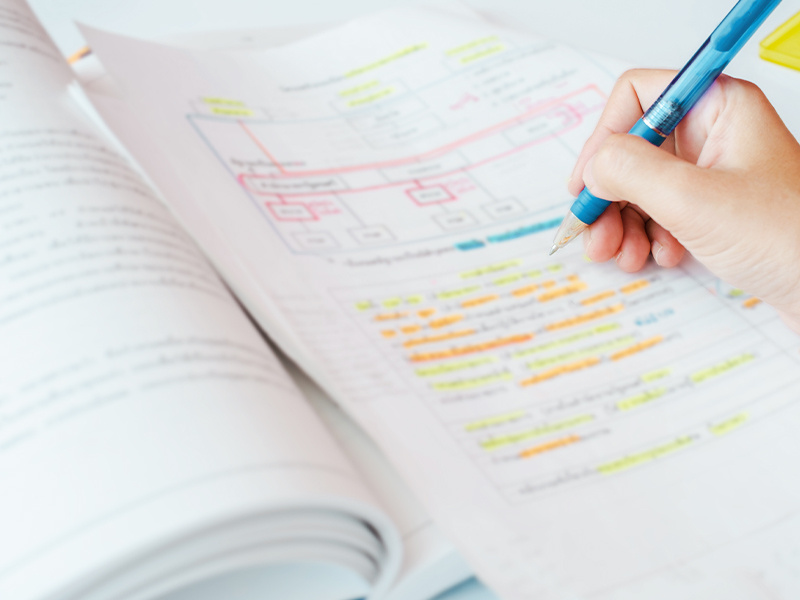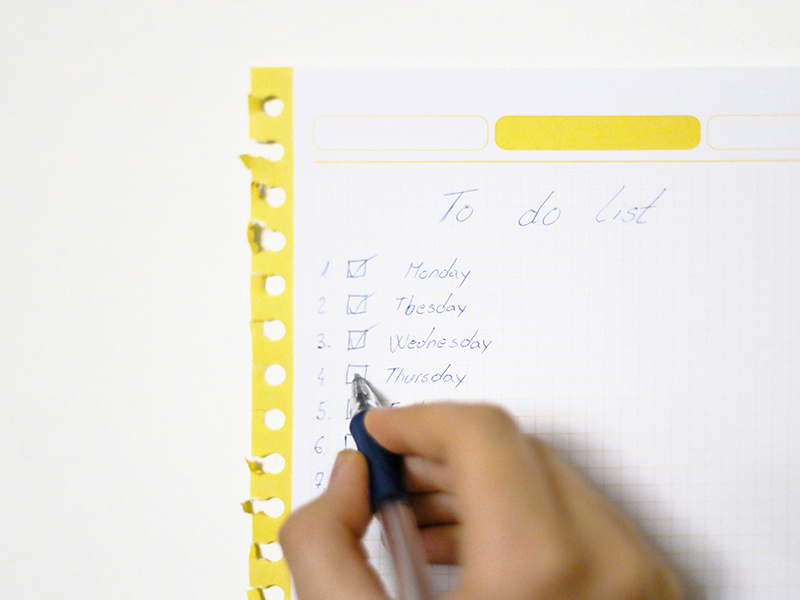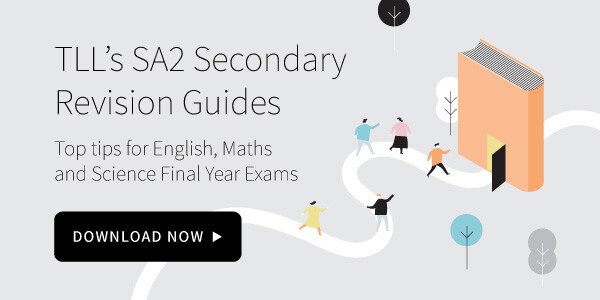
When revising for the upcoming SA2 examinations, students in secondary schools may find it difficult to cope with learning, retaining and applying the deluge of information from the myriad of subjects they take in school.
Most students find that despite spending countless hours poring over their textbooks, not much of the crucial information is really retained in their memories.
Perhaps your child has encountered this problem before where he or she has been trying to read a page in his or her textbook for an hour but still can't understand the gist behind it.

Early preparation in the form of revision is indeed essential to excelling in the SA2 examinations. However, many students are unaware of how to revise smartly and effectively.
To assist your child on his or her path to exam success, here are some tried-and-true exam revision tips backed up by our academic experts and students.
1. Consolidate a Complete Set of Notes

While reading through the various textbooks, encourage your child to immediately write down a summarised version of any crucial information that he or she spots into a notebook. The action of noting it down in your child’s own words imprints this important snippet of knowledge to his or her memory.
Besides searing the memory of the information into your child’s mind, taking down notes will ensure that your child has a complete set of notes for all of the key topics in his or her syllabus and he or she will not miss out on any major topics.
After a full set of notes have been taken from the first round of revision, the following revision sessions will proceed faster and smoother. Note-taking filters out irrelevant information from the textbooks that can hinder the learning process. For the next subsequent revisions. your child can simply refer to his or her notes rather than flip through entire textbooks, saving valuable time.
2. Create a Revision Timetable

Time management is an important tool to wield when it comes to planning your child’s revision schedule.
Without proper planning, students tend to spend too much time focusing on one small portion of the content, and then end up trying to cram everything else into the final days.
You can sit down with your child and go over his or her syllabus together to ensure that he or she can allocate equal and adequate attention to everything that could come up in the examinations.
After revising through each portion, your child should try to come back to the subjects a couple of days later. This will ensure that what your child learns is transferred from his or her short-term memory to long-term memory and that information will be retained when your child sits for the examinations.
Be realistic when you and your child are creating the revision timetable. Studies have shown that people can only concentrate for about 45 minutes. Your child can revise in blocks like this and schedule in regular breaks for his or her meals or go out for a short walk and take in some fresh air.
3. Review Past Mistakes

Besides simply reading through his or her textbooks and notes, your child should also scrounge up past homework assignments and exam papers.
When your child can identify the common mistakes that he or she made or the specific challenges faced within the previous assignments, he or she can pinpoint which areas need to be worked on the most.
At The Learning Lab, we similarly encourage our students to review past mistakes to familiarise themselves with the mistakes they commonly make and the corresponding corrections for each mistake. This will help to prevent making the same errors when they take on their final-year assessments.
Still Worried? Don't Be.
Download your complimentary SA2 Secondary School Revision Guide here to get top exam tips. This printable guide is loaded with invaluable tips and tricks on how your child can hack the SA2 examinations.
The academic experts at The Learning Lab specially put this guide together, drawing on current trends of the common mistakes that secondary school students make for each subject, and how your child can avoid making similar slip-ups.
This revision guide features common mistakes and challenges in English, Maths and Science, and our corresponding tips for answer precision with relevant examples for each subject.
Did You Find This Revision Guide Helpful?
Enrol your child in one of our core programmes and let your child take the first step to excelling in school.
Learn more about nurturing the love of learning in your child by visiting www.thelearninglab.com.sg or calling us at 6733 8711.

